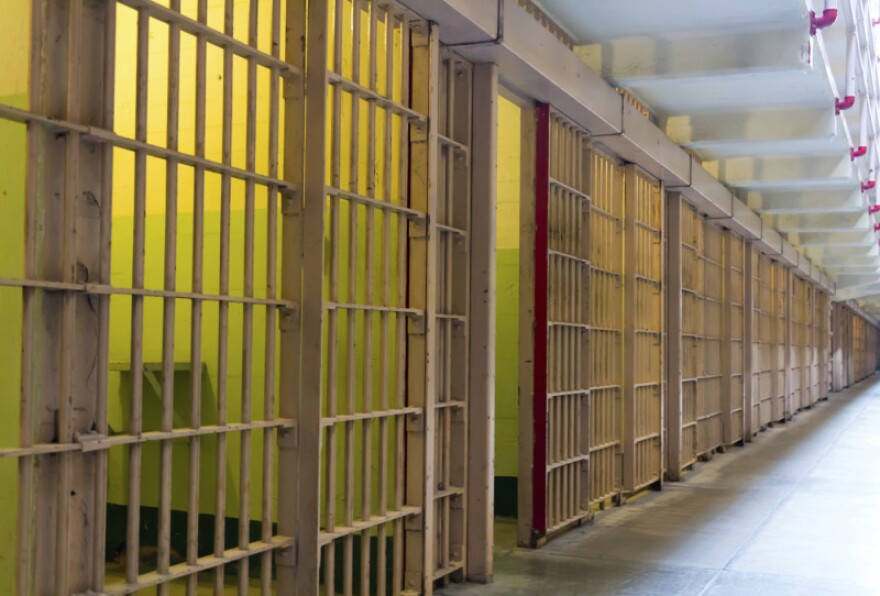Gov. Andy Beshear has announced changes to the state’s juvenile justice system aimed at improving safety and programming, like educational services.
Starting in early 2023, the state Department of Juvenile Justice will operate three high-security detention centers, specifically for boys 14 and older who have been charged with violent or serious offenses.
Those charged with or adjudicated for capital offenses or Class A, B, or C felonies will be housed at regional detention centers in Adair, Fayette or Warren counties.
Those younger than 14 or who have lower level offenses will stay at centers in Boyd, Breathitt, Jefferson and McCracken counties.
Kerry Harvey, secretary of the Kentucky Justice and Public Safety Cabinet, said in a statement that the new classification will allow the department to enhance staff training and safety protocols so that over time they will, “be able to better deal with high-security detainees, always understanding that these youths must be treated with care and compassion but also recognizing that alleged violent offenders present different safety considerations,” he said.
The changes follow recent incidents at state facilities, including a riot in Adair County that led to alleged injuries to staff and residents. A female resident has also alleged she was sexually abused.
In the weeks since, the girls from the Adair County facility have been relocated.
State juvenile justice officials testified before an interim Senate committee Thursday. They said the current system, which houses youth together regardless of level of their charges, is outdated and doesn’t serve the needs of incarcerated youth.
“The programs that are set up in these facilities today were meant to change the lives of the kids that were there 20 years ago,” Republican Sen. Danny Carroll of Benton said during the hearing. “The system doesn't work. It’s broken. It’s completely broken.”
Harvey said the population of incarcerated youth has changed in the past two decades, with far more violent offenders and those involved in gangs in the centers today. There are also more kids with serious mental health issues, he said.
Harvey previously served as a county attorney overseeing juvenile cases.
“We would occasionally see a kid who had done something really bad, but most of the kids we saw were status offenders or lower-level offenders,” he said during the hearing.
He said now, nearly half of the male population is charged with high-level or capital murder offenses.
As of Tuesday, there were 171 young men incarcerated at centers across the state. Of these, 82 have been charged with serious or violent offenses.
Vicki Reed, the state’s Juvenile Justice Commissioner, said during the hearing that housing people who have been charged with different levels of crimes together lowers the overall services, educational programming and care.
“This impacts the type of services we are able to offer,” she said. ”It’s difficult to meaningfully engage in a full range of programs for this population as their time in a detention center is unpredictable.”
Harvey testified before the committee that staffing challenges have long been an issue, and said he and his team spend a lot of time trying to shore up that and other resources.
Over the past year, the cabinet has been able to raise pay to staff, through increases from Beshear and the Legislature.

